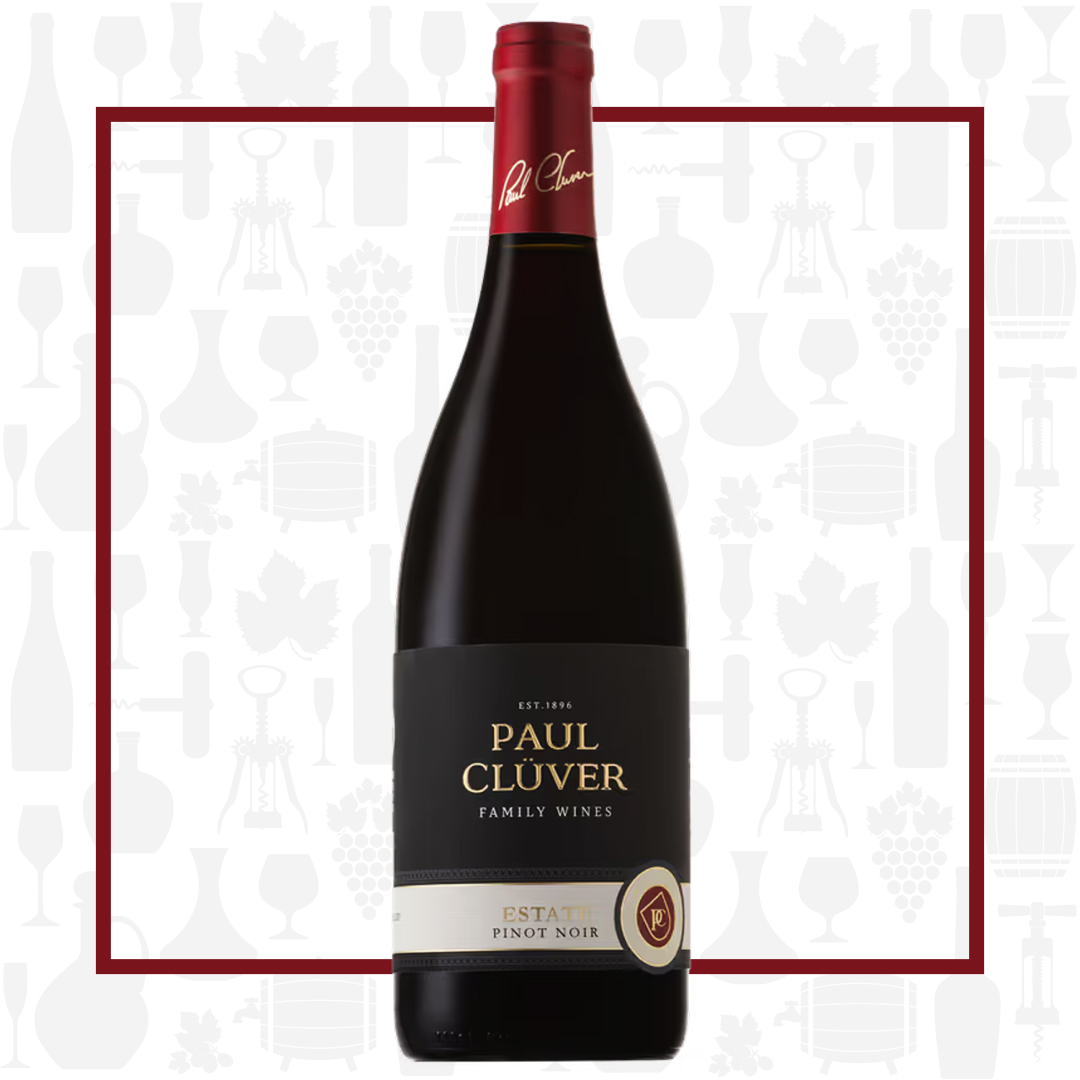Cellar Profile
This family-owned, family-run wine business is located approximately 70km southeast of Cape Town. The property has been owned by the Cluver Family – recognized as pioneers of wine in the area – since 1896. The focus here is on producing elegant wines that are expressive of the terroir. The cool Elgin Valley provides the ideal conditions for world-class Chardonnay and Pinot Noir. The wine business forms part of larger holistic farming business called ‘De Rust Estate’. In addition to the vineyards and cellar, there are apple and pear orchards, a Hereford stud and eco-tourism activities, including amphitheatre concerts on the farm. This 2000+ hectare estate forms part of the Kogelberg Biosphere, a UNESCO world heritage site. Half of the estate has been set aside for conservation into perpetuity.
Region
Elgin is the coolest wine region in South Africa, with temperatures rarely rising above 30°C during the growing season. With only 800 ha. under vine, it is also one of the smallest and least planted, as the rocky terrain, cool temperatures and low rainfall make growing grapes a challenging endeavour. Sitting amongst the Hottentot-Holland mountain range, the soils are a mixture of sandstone, decomposed shale, gravel and clay. Due to the precipitous diurnal temperature drops, viticulturists have eschewed the traditional red Bordeaux varieties favoured throughout most of the country, planting instead delicate Pinot Noir and altitude-loving Syrah. The most widely-planted white is Sauvignon Blanc, but the future of the region lies in Chardonnay, with world class examples being crafted. Riesling plantings are increasing and showing tremendous promise as well. Elgin wines tend to be high in acidity, with evolved flavours, as the long hang times allow full phenol development.
Vineyard
The De Rust Estate vineyards of Paul Cluver Family Wines sit on an inland mountain plateau, nestled in the UNESCO Koelberg Biosphere Preserve. Rising between 400-660 masl, you’ll find a mix of the famed Bokkeveld Shale (sandstone rich with invertebrate fossils, clay and loam) and Fericrete gravel (rich in iron oxides) here. Subject to early morning mists, cool evenings, low rainfall and long sunlight hours, yields are small but high in quality. The vineyards are farmed sustainably, without the use of pesticides and with as little human footprint as possible.
Winemaking
Using only Burgundian clones, hand-harvesting and extensive individual berry sorting was done prior to crushing. This was followed by cold maceration for a week, before fermentation was allowed to start naturally with indigenous yeasts. After 4-5 days, the wine was inoculated with selected strains of Burgundian yeast to ensure completion. Twice daily punchdowns of the cap were done during this process. The wine was then transferred to a combination of new and used French oak barrels for malolactic fermentation and 12 months of maturation on the lees before being bottled, unfiltered.
Varieties
Pinot Noir—chiefly associated with the Burgundy region of France— is grown around the world, mostly in cooler climates. The grape’s tendency to produce tightly-packed clusters makes it susceptible to several viticultural hazards involving rot that require diligent canopy management. Thin skins and low levels of phenolic compounds lend Pinot to producing mostly lightly-coloured, medium-bodied and low-tannin wines that can often go through phases of uneven and unpredictable aging. When young, wines made from Pinot Noir tend to have red fruit aromas of cherries, raspberries and strawberries. As the wine ages, Pinot has the potential to develop more vegetal and earthy aromas that can contribute to complexity. Cool Elgin Valley is quite hospitable to this finicky cultivar.
Tasting Notes
The nose is far more Burgundian in character than New World. Earth, ripe raspberry, tart cherry and a whiff of something herbal. On the palate, these flavours combine with intriguing savoury notes and just a touch of sweet oak vanillins, for a long lingering finish. Chill to cellar temperature and enjoy with venison chops, grilled salmon or duck confit.

